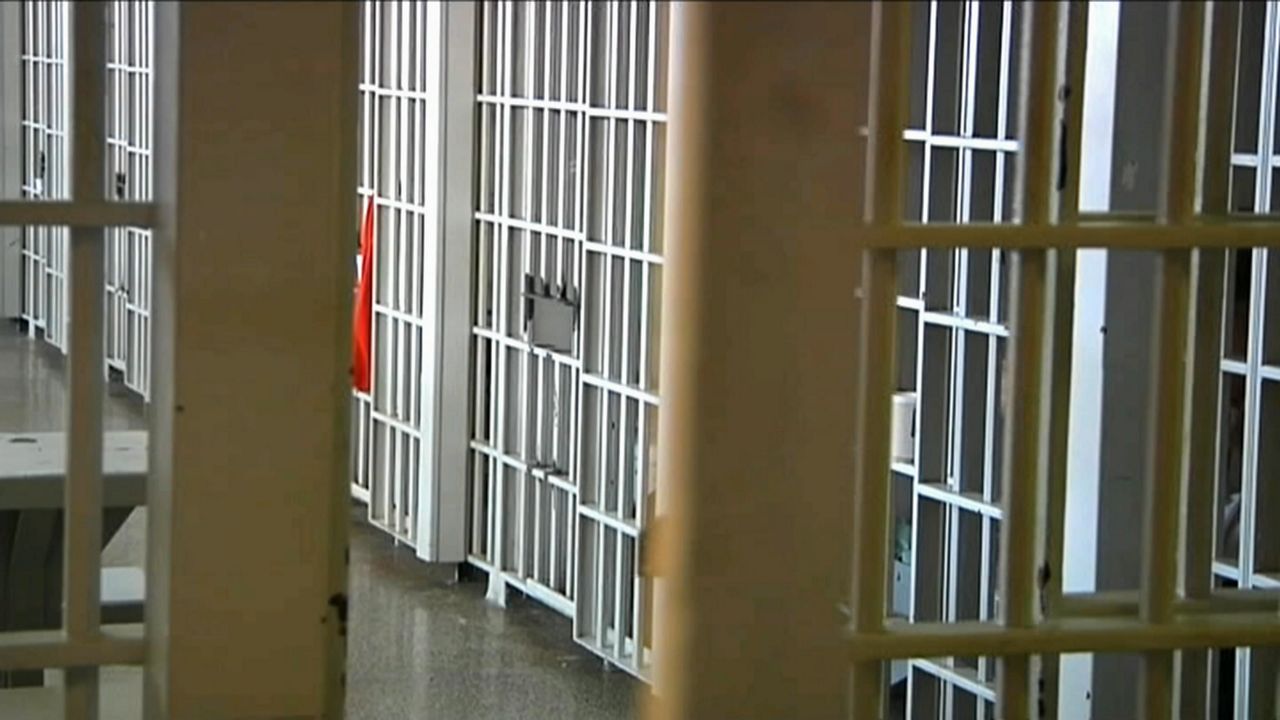Last summer, Melania Brown lost her sister.
“Solitary confinement to me is just a fancy name for the death penalty,” Brown said on Friday. "That’s how I view it. That’s how I see it. My family and I now have to live with a painful life sentence.”
It's a plea from the sister of Layleen Polanco, a transgender woman who died in solitary confinement on Rikers Island last year.
Her death sparked a movement to end the practice of solitary in city jails. Legislation to do it got its first hearing at the City Council on Friday.
It comes almost six months after Mayor Bill de Blasio announced he would form a working group to figure out how the city could end the practice. That working group has not released its final recommendations yet.
“The reduction and elimination of punitive segregation requires careful and considerate balancing to ensure the safety of staff and people in custody,” said Correction Commissioner Cynthia Brann. "Any policy changes to this practice must be informed by correctional experts in order to ensure any decision made do not result in dangerous or unintended consequences."
While the city’s correction commissioner said she was supportive of ending the practice, she did not endorse the Council going out on its own to ban it, and she was not willing to use the same terms as some Council members were when describing the practice.
After being asked multiple times, Brann said she did not believe punitive segregation was torture.
Meanwhile, the correction officers' union has blasted ending the use of solitary confinement, sometimes called punitive segregation, arguing that violence will go up without a way to punish violent inmates.
“We are pleading with your help,” said Benny Boscio, president of the Correction Officers’ Benevolent Association. "Unfortunately, you guys don’t only represent inmates. You would hear the Board of Correction, you would hear the Council, and it seems like the only people you want to represent here are inmates."
It led to a skirmish between the union leader and the main sponsor of the bill.
Councilman Daniel Dromm went on to call Boscio a “thug.”
